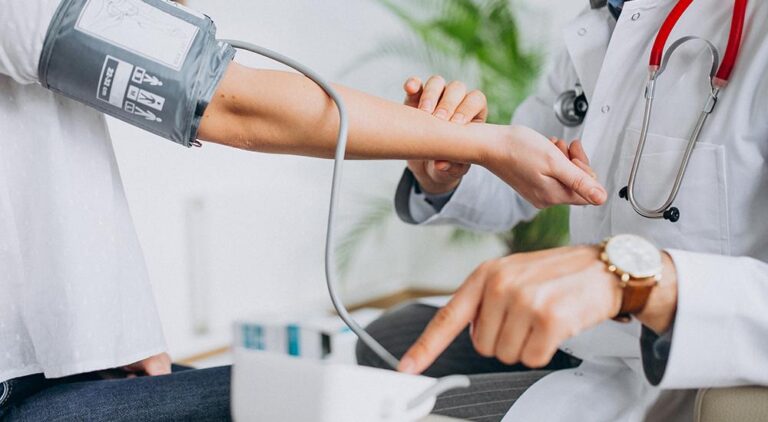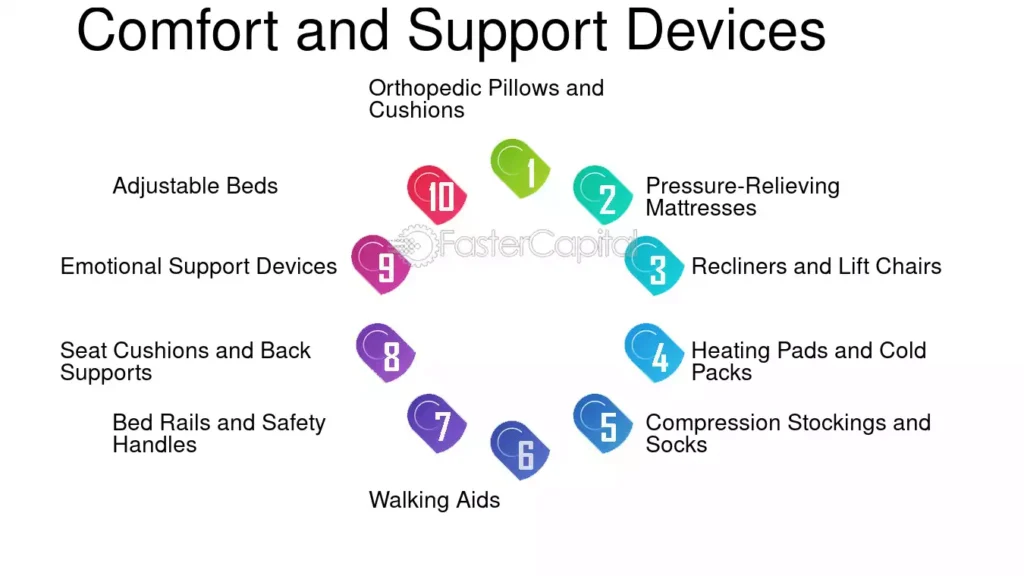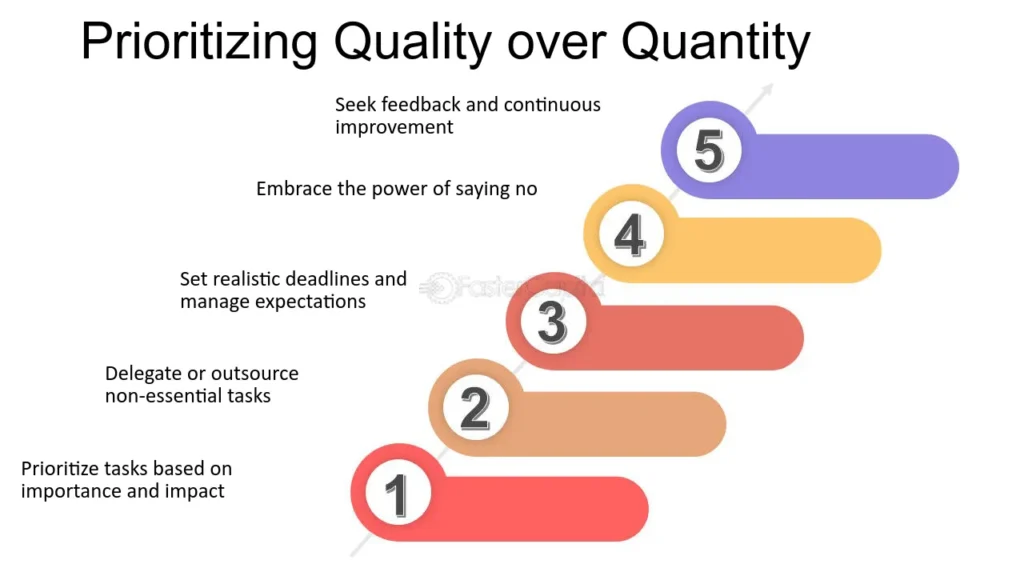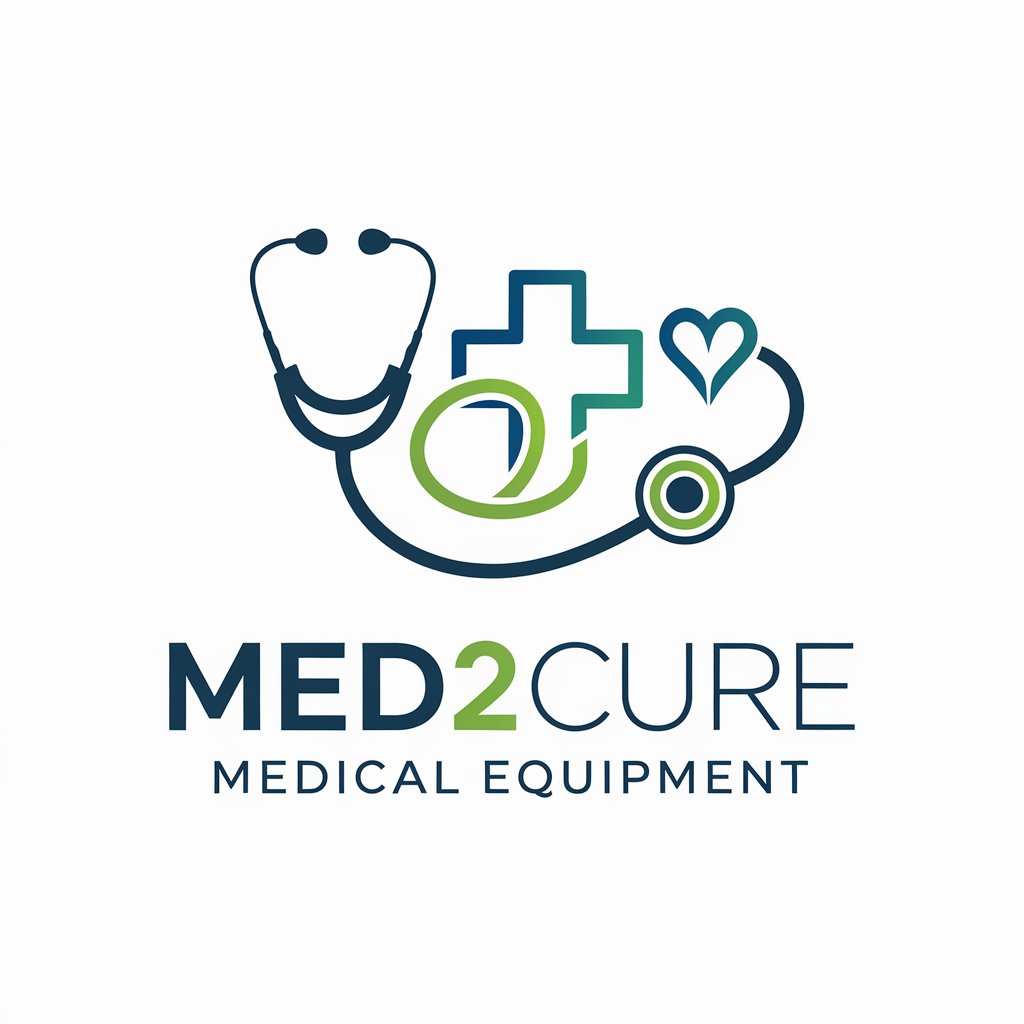- March 29, 2025
- aksh16
- 7:52 am
The Importance of Reliable Medical Equipment in Home Healthcare
KEY TAKEWAYS ARE:
Home Healthcare Relies on Reliable Equipment:
Accurate medical devices like oximeters, infusion pumps, and bandages are crucial for safe, effective health management at home.
Unreliable Equipment Poses Serious Risks:
Faulty devices can lead to incorrect diagnoses, medication errors, infections, and unnecessary hospital visits.
Choose Quality for Better Outcomes:
Prioritize accuracy, durability, safety certifications, and strong after-sales support to ensure optimal patient care.

The healthcare industry is undergoing a transformative shift. With the increasing demand for personalized care, advancements in medical technology, and the need to reduce healthcare costs, home healthcare has become more prominent than ever. Whether it’s managing chronic conditions, recovering from surgery, or monitoring vital signs, patients are increasingly relying on medical equipment to maintain their health at home.
However, the success of home healthcare isn’t just about having medical devices—it’s about having reliable medical equipment that ensures safety, accuracy, and efficiency. This blog dives deep into the crucial role that reliable medical equipment plays in home healthcare, its impact on patient outcomes, and how to choose the right products for your needs.
Why Home Healthcare Is Gaining Momentum
1. The Rise of Home Healthcare
Home healthcare has surged due to several key factors:
Cost-Effectiveness: Hospital stays are expensive. Home healthcare reduces costs related to hospital infrastructure, staffing, and extended care.
Aging Population: As the global population ages, there’s a growing need for elderly care that’s more comfortable and less institutional.
Chronic Disease Management: Conditions like diabetes, heart disease, and COPD require ongoing monitoring, which can be effectively managed at home with the right equipment.
Technological Advancements: Modern medical devices are now portable, user-friendly, and designed for home use.
2. The Growing Preference for At-Home Care
Patients prefer home healthcare for:
Comfort and Familiarity: Being in a familiar environment can reduce stress and promote faster recovery.
Personalized Attention: One-on-one care allows for tailored treatment plans.
Greater Independence: Patients can actively participate in managing their health, promoting autonomy.
But this convenience comes with a responsibility: ensuring that the medical equipment used at home is reliable and safe.
The Critical Role of Reliable Medical Equipment in Home Healthcare
Reliable medical equipment is not just a tool—it’s a lifeline for many patients. Here’s how it makes a difference:
1. Accurate Health Monitoring
Devices like blood pressure monitors, oximeters, glucose meters, and heart rate monitors allow for real-time tracking of vital signs. Accurate readings are crucial for:
Early detection of health issues
Adjusting medications and treatment plans
Preventing emergencies due to sudden health changes
2. Safe Administration of Treatment
For patients managing chronic conditions or recovering from surgery, devices such as insulin pumps, nebulizers, infusion pumps, and injection equipment are essential. Reliable equipment ensures:
Correct dosage of medication
Reduced risk of infections (especially with injectable drugs)
Effective respiratory therapy for conditions like asthma or COPD
3. Wound Care and Rehabilitation
For patients with injuries, post-surgical wounds, or pressure ulcers, medical supplies like bandages, dressings, compression devices, and mobility aids play a critical role in recovery. Reliable equipment:
Promotes faster wound healing
Reduces the risk of infections
Supports physical rehabilitation for improved mobility
4. Emergency Preparedness
In case of sudden health crises, equipment like portable oxygen concentrators, emergency response alarms, and first aid kits can save lives. Reliable devices ensure:
Quick and effective responses in emergencies
Continuous support until professional medical help arrives
The Risks of Using Unreliable Medical Equipment
While the benefits of home healthcare are clear, the risks of using unreliable equipment can be severe:
1. Inaccurate Health Monitoring
Faulty devices can provide misleading readings, leading to:
Missed diagnoses or delayed treatment
Incorrect medication dosages
Unnecessary hospital visits due to false alarms
2. Increased Risk of Complications
Poor-quality or malfunctioning equipment can cause:
Infections from unsterile injection equipment or bandages
Medication errors from infusion pumps or syringes
Pressure sores from inadequate mobility aids or support surfaces
3. Emotional and Psychological Stress
For patients and caregivers, dealing with malfunctioning equipment adds unnecessary stress during already challenging times, affecting mental well-being and quality of life.
What Makes Medical Equipment Reliable?
To ensure safety and effectiveness, medical equipment should meet specific criteria:
✅ Precision and Accuracy
Devices like oximeters and blood pressure monitors must provide accurate readings. This is critical for making informed healthcare decisions.
✅ Durability and Longevity
Reliable equipment is built to last, withstanding daily use without frequent breakdowns.
✅ Ease of Use
User-friendly designs make it easier for patients and caregivers—especially those without medical training—to operate the equipment correctly.
✅ Safety Standards and Certifications
Look for devices with regulatory certifications such as:
FDA Approval (USA)
CE Marking (Europe)
ISO Certifications for Quality Management
✅ After-Sales Support and Warranty
Reliable manufacturers offer customer support, warranties, and easy access to replacement parts or services when needed.
How to Choose the Right Medical Equipment for Home Use
When selecting medical equipment, consider the following:
🔍 1. Consult Healthcare Professionals
Always seek recommendations from doctors, nurses, or healthcare providers to ensure the equipment matches the patient’s medical condition.
💰 2. Prioritize Quality Over Price
While budget is important, compromising on quality can lead to serious health risks. Invest in reputable brands known for their reliability.
🧪 3. Test and Read Reviews
Check product reviews and testimonials from other users. Hands-on demonstrations (if possible) can also help.
📜 4. Verify Certifications
Ensure the product meets national or international safety standards.
🛠️ 5. Look for Good Customer Support
Reliable companies offer excellent after-sales service, including easy-to-reach customer support and clear warranty policies.
The Impact of Reliable Medical Equipment on Patient Outcomes
The right equipment doesn’t just support health—it transforms lives. Here’s how reliable medical devices improve patient outcomes:
Improved Health Monitoring: Detects changes early, allowing for timely medical intervention.
Faster Recovery: Supports rehabilitation and wound healing with efficient, quality equipment.
Enhanced Quality of Life: Reduces the burden of frequent hospital visits, promoting independence and well-being.
Reduced Hospital Readmissions: Proper management at home decreases the likelihood of complications requiring hospitalization.
Final Thoughts: Why Reliability Matters
In home healthcare, the stakes are high. Whether you’re managing a chronic condition, recovering from surgery, or providing care for a loved one, the reliability of medical equipment can be the difference between a healthy recovery and a medical crisis.
Invest in equipment that’s accurate, safe, and built to last. Your health—and your peace of mind—deserves nothing less.
Reliable medical equipment isn’t just a tool—it’s a lifeline.



